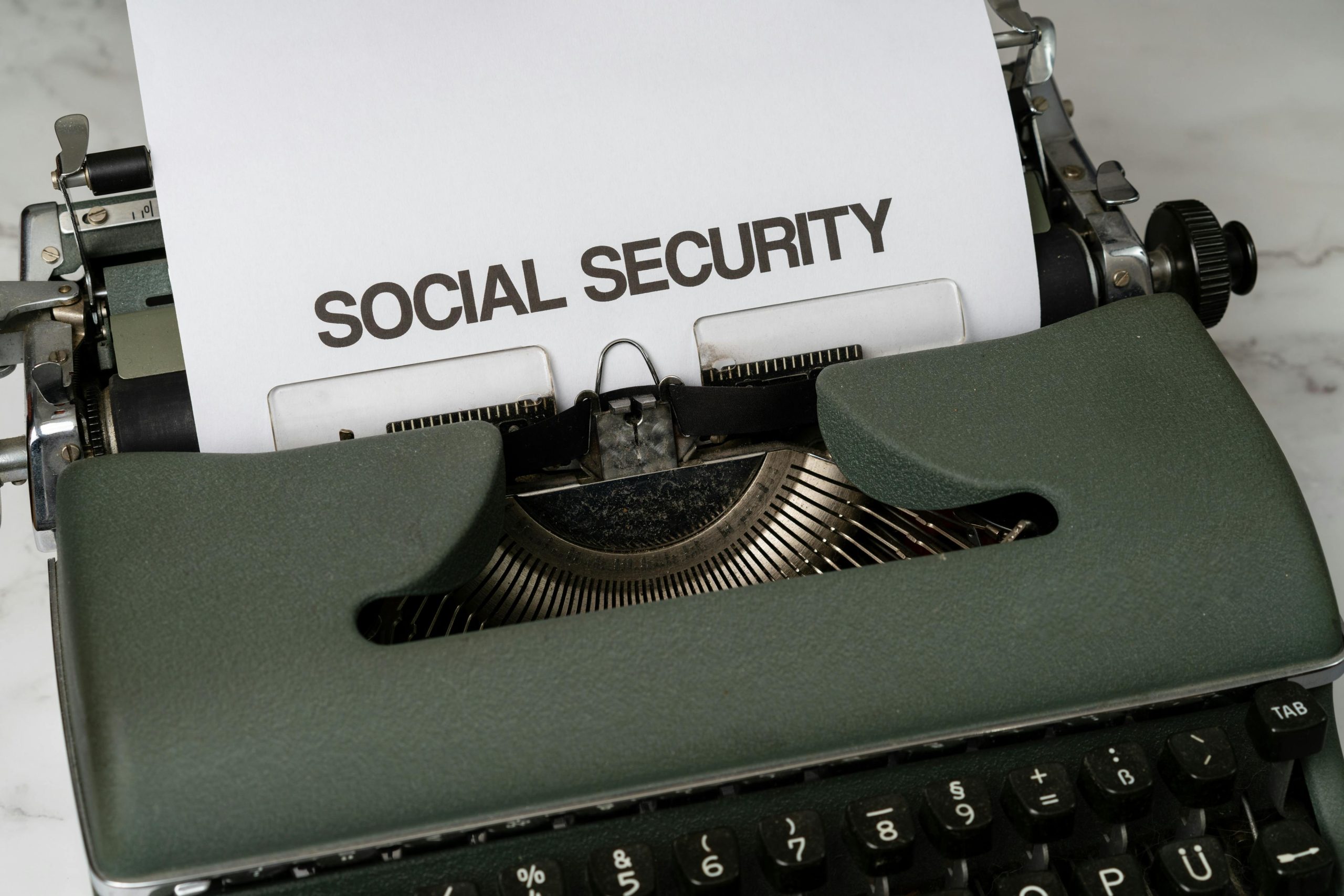Social Security payments are a lifeline for millions of retirees in the United States, providing essential support for daily expenses. However, not everyone will receive their payment on January 3rd, 2025. Understanding the rules and payment schedules can help retirees plan better and avoid unnecessary stress.
Let’s break down who will receive payments on this date and why others might have to wait.
Who Gets Paid on January 3rd?
The Social Security Administration has a specific schedule for payments. On January 3rd, payments will go out to retirees who belong to Group 1. To be part of this group, you must have started receiving Social Security benefits before May 1997.
This group benefits from a consistent payment schedule, receiving their checks on the 3rd of each month. In January 2025, there won’t be any exceptions, so anyone who meets this requirement will get their payment as expected.
Direct Deposit Makes Payments Faster
While eligibility determines whether you get paid on January 3rd, the speed of receiving your money depends on your collection method.
Retirees using Direct Deposit will see the payment in their accounts immediately after it is sent. This is the fastest way to receive Social Security checks, ensuring no delays. Those relying on mailed checks may experience slower processing times due to postal delays.
Cost of Living Adjustment (COLA) Boosts 2025 Payments
Starting in 2025, Social Security payments will include the annual Cost of Living Adjustment (COLA). This adjustment is designed to help beneficiaries keep up with rising inflation.
The COLA for 2025 means that retirees will see a slight increase in their monthly checks compared to 2024. For some retirees, the maximum benefit could reach $5,180 per month. However, not everyone will qualify for the maximum amount, as payments depend on factors like lifetime earnings and retirement age.
Why Don’t All Retirees Get Paid on January 3rd?
Not all Social Security beneficiaries receive their payments at the same time. The administration uses a staggered schedule based on the recipient’s date of birth and other factors.
For example, people who started receiving Social Security benefits after May 1997 will be paid later in January according to their specific payment dates. This staggered schedule helps manage the distribution process efficiently.
What Should You Do If You Don’t Receive Payment?
If you’re expecting a Social Security check and don’t receive it on January 3rd, it’s essential to confirm your payment group and method.
- Check Eligibility: Ensure you meet the criteria for Group 1 payments.
- Verify Collection Method: If you don’t use Direct Deposit, consider switching to avoid delays in the future.
- Contact Social Security: Reach out to the Social Security Administration for assistance if you believe there’s an error.
Planning Ahead for 2025 Payments
Knowing the payment schedule and requirements can help you better manage your finances. If you haven’t activated Direct Deposit yet, it’s worth considering. It’s the quickest and most secure way to access your money.
Additionally, staying informed about changes like the COLA ensures you understand how much you’ll receive and when.







